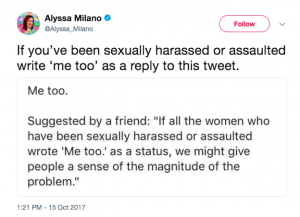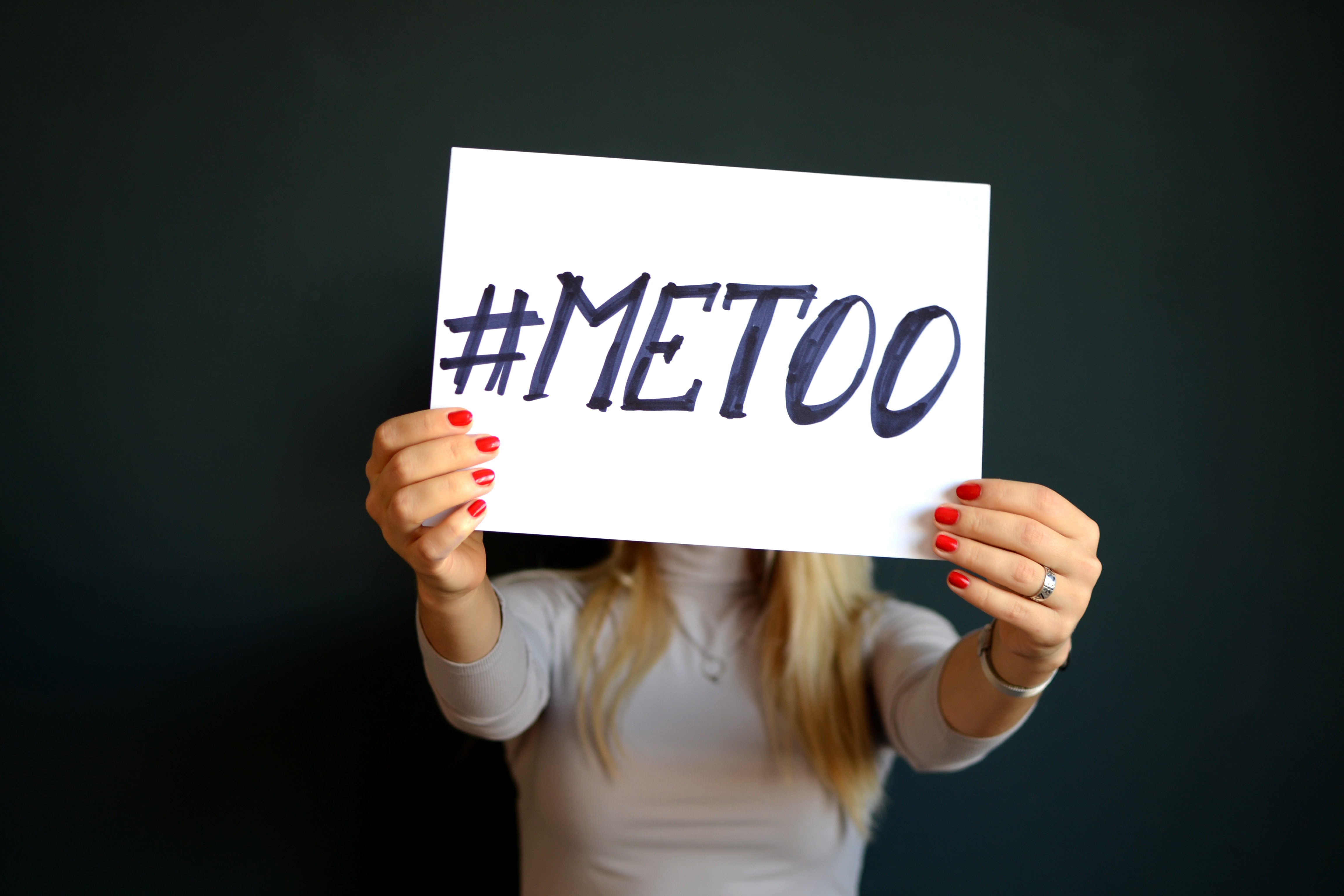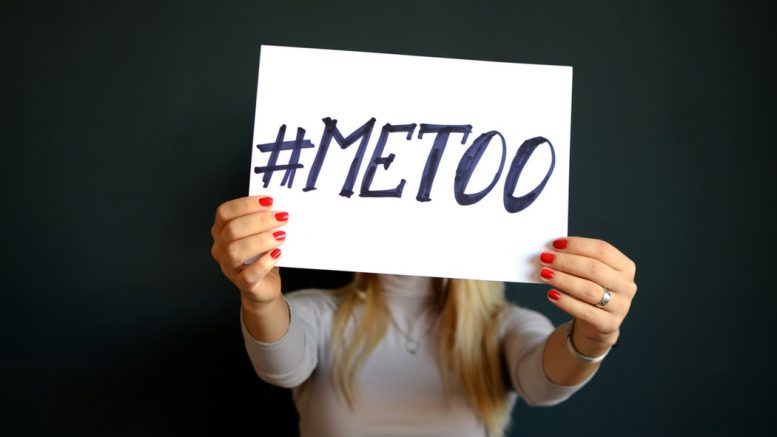No matter what social media platform you are scrolling through, the #MeToo campaign, following emerging allegations about Harvey Weinstein, continues to reveal the terrifying magnitude of sexual harassment.
And like all good campaigns, it has evolved into other hashtags and movements.

France is having its own #MeToo movement.
Just as women around the world have taken to Facebook, Twitter and Instagram using #MeToo to share their own stories about harassment, women in France are speaking out too.
French women have swamped the internet, tweeting with the hashtag #BalanceTonPorc — “expose your pig” —with hundreds of stories of aggression, assault, and harassment.
French journalist Sandra Muller, started the campaign with a tweet #BalanceTonPorc, in which she shared her own experience, when a man told her: “You have big breasts. You are my type of woman. I will make you orgasm all night.”
#balancetonporc !! toi aussi raconte en donnant le nom et les détails un harcèlent sexuel que tu as connu dans ton boulot. Je vous attends
— Sandra Muller (@LettreAudio) October 13, 2017
“Balance ton porc” is the latest anti-sexism campaign in France, a country that has long struggled with the balance between celebrating sexual freedom and tolerance for inappropriate behaviour.
A 2016 study, by French polling firm IFOP, found that out of 1,048 cases of sexual harassment in France, only 65 led to a conviction.
A 2014 French government poll found that one in five French women had experienced harassment at work – 30% never shared their stories.

Source: Mihai Surdu, unsplash.com
#BalanceTonPorc debate may push forward changes not only in the culture but in the law.
Marlène Schiappa, France’s junior minister for gender equality has proposed putting forward a bill in parliament that would fine people for engaging in street harassment — including aggressive catcalls.
On RTL Radio she said that policing behaviour on the street is “completely necessary because at the moment street harassment is not defined in the law. We can’t currently make a complaint.”
This isn’t the first time that this has been used to this purpose. A decade ago, Tarana Burke, an activist and social worker, began a “Me Too” campaign to help young women of colour who had been subjected to abuse.
Several other proposals such as to extend the statute of limitations in cases of sexual assault involving minors, and to create a new age ceiling under which minors cannot legally consent to a sexual relationship, are also in consideration in France.
#MeToo has now expanded to various other countries and languages- #QuellaVoltaChe in Italy, meaning “that time when…”, #YoTambien in Spain and #Womenwhoroar is another term being used.
#MeToo has been used millions of times, but this isn’t the first time that this has been used.
A decade ago, Tarana Burke, an activist and social worker, began a “Me Too” campaign to help young women of colour who had been subjected to abuse.
After the #MeToo, specifically men have used other hashtags, like #ItWasMe and #IHave, to express guilt or complicity in sexual harassment and assault.
#IWill is another hashtag gaining traffic, which encourages men to go on the record pledging future awareness and action in support of women and gender equality.
Words: Rituja Rao | Subbing: Charlotte Racher

